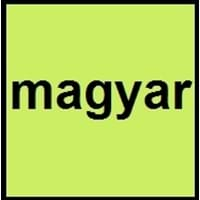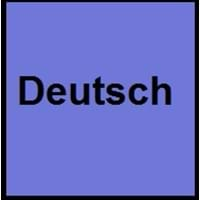Hungarian vs German
- Hungarian language has only preserved most of its ancient elements.
- 'Magyar' is the Hungarian name for the language, the 'Magyar' is also used as an English word to refer to Hungarian people.
- One of the large group of Indo-Germanic languages is German.
- The second most popular Germanic language spoken today behind English is German language.
Hungarian and German Language History
Comparison of Hungarian vs German language history gives us differences between origin of Hungarian and German language. History of Hungarian language states that this language originated in 1192 AD whereas history of German language states that this language originated in 6th Century AD. Family of the language also forms a part of history of that language. More on language families of these languages can be found out on Hungarian and German Language History.
Hungarian and German Greetings
People around the world use different languages to interact with each other. Even if we cannot communicate fluently in any language, it will always be beneficial to know about some of the common greetings or phrases from that language. This is where Hungarian and German greetings helps you to understand basic phrases in Hungarian and German language. Hungarian word for "Hello" is szia or German word for "Thank You" is Danke. Find more of such common Hungarian Greetings and German Greetings. These greetings will help you to be more confident when conversing with natives that speak these languages.
Hungarian vs German Difficulty
The Hungarian vs German difficulty level basically depends on the number of Hungarian Alphabets and German Alphabets. Also the number of vowels and consonants in the language plays an important role in deciding the difficulty level of that language. The important points to be considered when we compare Hungarian and German are the origin, speaking countries, language family, different greetings, speaking population of these languages. Want to know in Hungarian and German, which language is harder to learn? Time required to learn Hungarian is 44 weeks while to learn German time required is 30 weeks.





